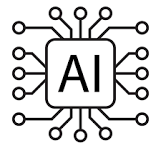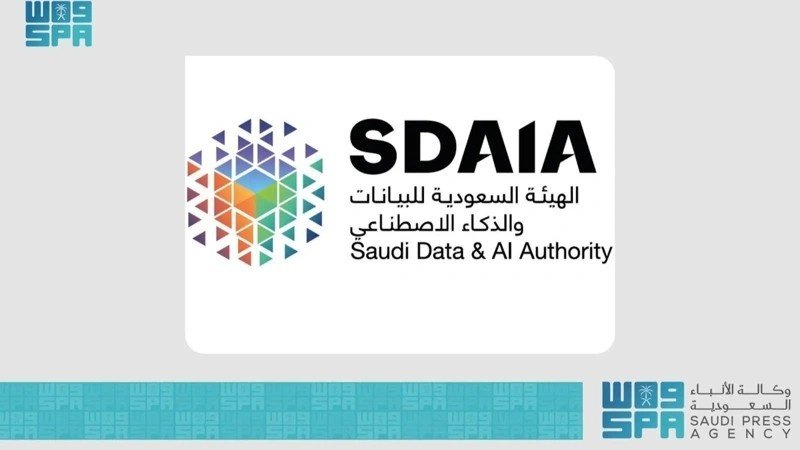In recent months, digital spaces across Oman, the Arab and Islamic world, and the wider Global South have been inundated with content aimed at discrediting Islam and undermining Arab identity. Investigations show that much of this activity originates from self-identified Christian Zionist accounts and Israeli Occupation-linked agents, signalling the rise of a troubling phenomenon: algorithmic warfare.
Understanding Algorithmic Campaigns
Algorithms—the invisible codes that shape what users see online—are designed to capture attention and maximise engagement. In late August 2025, reports surfaced that the Israeli Occupation, in cooperation with select social media platforms, launched organised algorithmic campaigns. These go beyond propaganda, deploying advanced data analytics and AI tools to target audiences with customised content. This marks the evolution of fifth-generation warfare, where the battlefield is not geographic, but digital, psychological, and cultural.
Instead of missiles, these campaigns use information and algorithms to fragment societies, weaken trust, and manipulate identities.
Why It Matters
The stakes are enormous. With over 60% of Arabs under the age of 30 and nearly 70% of youth globally consuming news primarily through social media (Pew Research, 2024), algorithms now rival teachers, journalists, and families in shaping perceptions. A teenager scrolling their feed may unknowingly absorb distorted narratives, leading to self-doubt, confusion, and societal division.
For governments, this is not just a tech issue but a national security and resilience challenge. Disinformation can erode social cohesion, manipulate religious discourse, and destabilize political consensus.
Lessons from History
The manipulation of narratives for power is not new. Colonial strategies once divided and ruled societies through distortion and coercion. Today, AI-driven systems like Lavender and Palantir-linked platforms are reportedly being weaponized in the genocide in Palestine, enabling algorithmic targeting and narrative warfare. What is unfolding is a faster, more invasive digital continuation of historic tactics of domination.
Building Resilience
Awareness is the first line of defence.
- Education: Schools and universities must integrate digital literacy into curricula, teaching students to question sources, verify information, and spot manipulation.
- Community dialogue: Families and communities should encourage open intergenerational conversations about online narratives.
- Policy: Governments must demand algorithmic accountability from tech giants, ensuring that platforms are not complicit in targeted disinformation.
Towards Constructive Algorithms
Algorithms need not be weapons. When used responsibly, they can drive algorithmic progress:
- Researchers using recommendation systems to cross-pollinate ideas.
- Musicians and film-makers from the Global South reaching global audiences through AI-powered discovery.
- Cultural institutions digitising heritage with machine learning to preserve history.
The challenge is to reclaim algorithms for empowerment. Instead of tools of manipulation, they can become engines of knowledge, cultural diversity, and creativity. The real “AI wars” should not be about destruction, but about who can best harness technology to advance human dignity, justice, and cultural flourishing.















